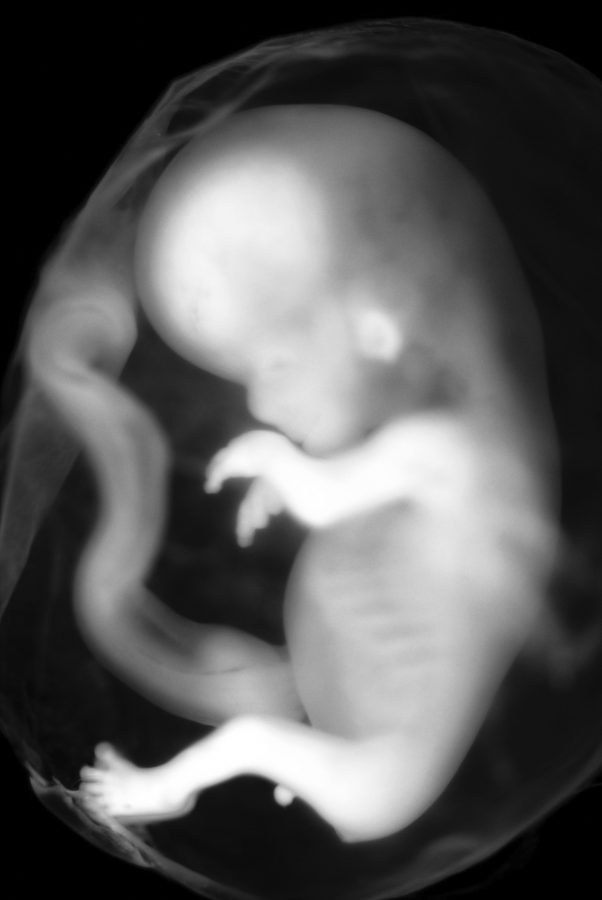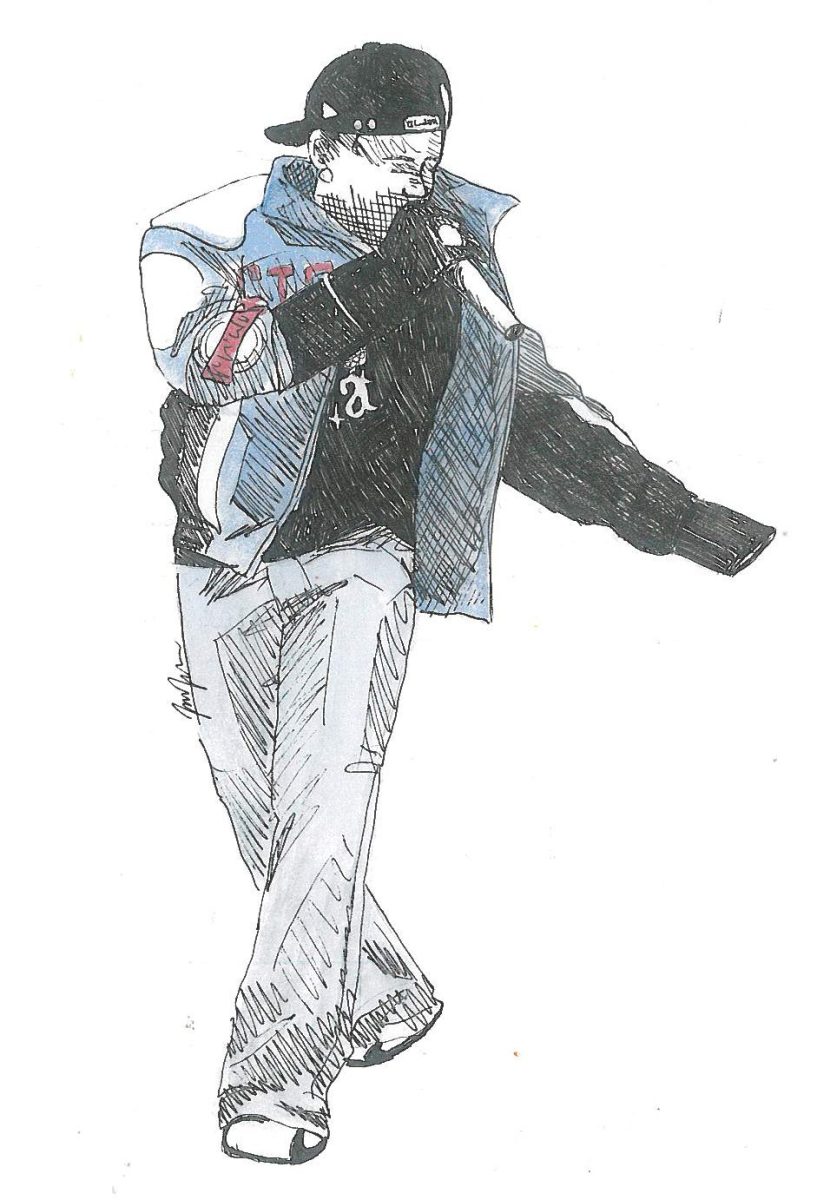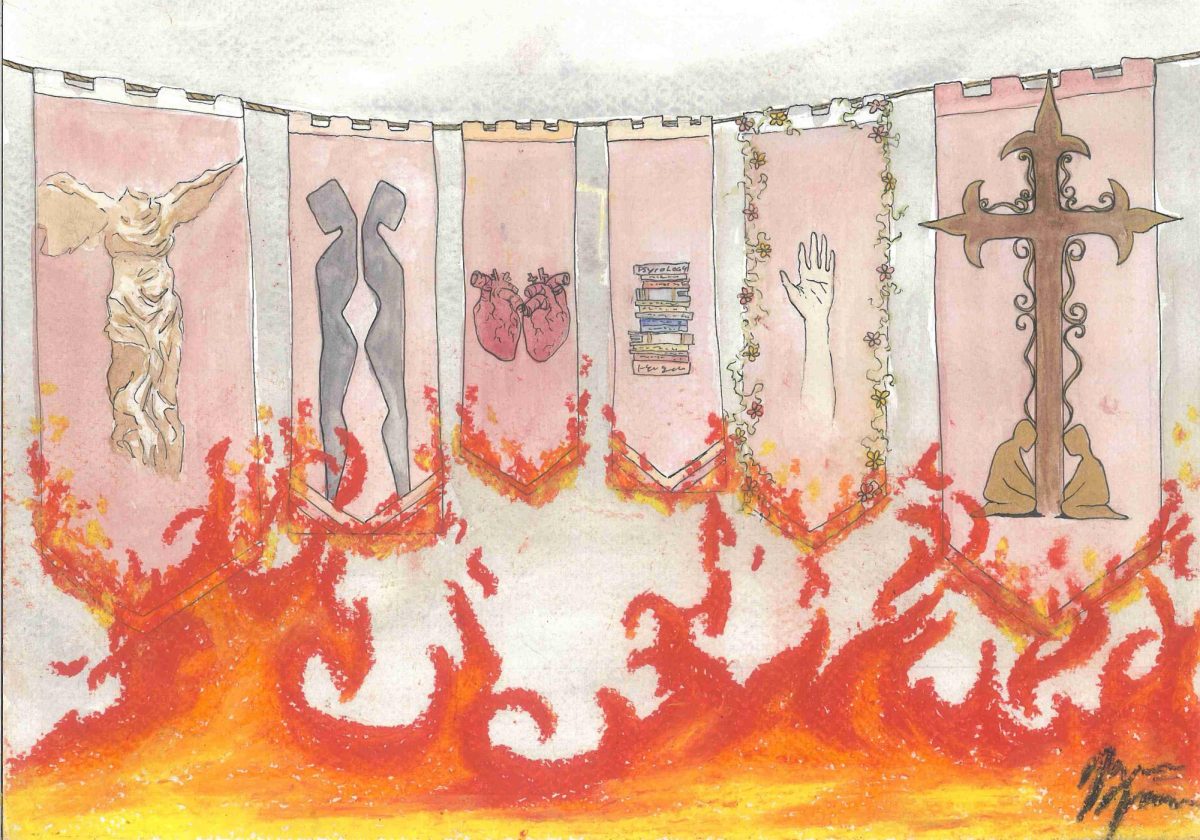Does abortion law dehumanize?
Women have a right to ownership over their own bodies. This is a simple and truthful statement, one that you would be hard pressed to find debate against. But what happens when there are multiple bodies involved?
This question of whose body matters has been a fiercely debated topic in our country, long before 1973’s Roe v. Wade, before 1865 and the 13th amendment, before 1776 and the Declaration of Independence. It is a question that has been debated by humanity since the dawn of civilization.
On Jan. 24, the state of New York passed the Reproductive Health Act that decriminalized abortion and extended provisions for the procedure, saying that “an abortion may be performed by a licensed, certified, or authorized practitioner within 24 weeks from the commencement of pregnancy, or [if] there is an absence of fetal viability, or at any time when necessary to protect a patient’s life or health.”
This wording legalizes abortion at any time during a pregnancy up to birth if it is in the best interest of the woman’s health. But according to the World Health Organization, “Health is a state of complete physical, mental and social well-being and not merely the absence of disease or infirmity.”
In a legal context, health is not just survival of life itself, but it is a summation of a person’s comfort, safety and prosperity. This means that under the protection of the law of the state of New York, a practitioner is able to terminate a pregnancy on the grounds of preserving the mother’s mental or social health; doctors are not limited to caring for a person’s survival, but rather they are permitted to make judgments on a person’s future.
They are allowed to do this at the cost of someone else’s future. Dr. Maria Dragoman, medical director of Planned Parenthood of New York City, told Rewire News that, “This legislation is a resounding endorsement of an individual’s autonomy to determine if and when to parent.”
But this isn’t what this legislation endorses; it decides who has power over a voiceless body’s right to live.
I am not writing to debate the exact science of when in the gestational period a heartbeat begins, a nervous system develops, or a brain becomes fully functional. I write to put in a voice for the bodies that are voiceless.
I understand the arguments that state the new law ensures that women have access to abortions that are safe and that it establishes equality for women who are victims of rape and that protects against medical dangers.
But it is impossible to separate these aspects of the law from the fact that completely disregards the health, interest and well-being of the second body involved, a body that has to be extracted in mutilated pieces during a post-24 week abortion.
The new law changes the definition of what it means to be human, creating immediate consequences, and surely more that are unforeseeable.
Right now, the law alters the definition of person when referring to the victim of a homicide to “mean[ing] a human being who has been born and is alive.” An immediate consequence of this change is that the law is capable of “limit[ing] options for prosecutors in domestic violence cases” to charge individuals who harm an unborn child, as reported by the Times Union.
But perhaps an unforeseen consequence is the slippery slope of changing the definition of humanity. At what point does the definition of “person” change to only include those who are viable, or physically and mentally able? What are the qualities that make a body really count as a person?
These are questions with deep roots in humanity’s worst chapters of history. As a human with the privileges of a life, a body and a voice, I feel a moral obligation to use my privileges to help those who have not been given the same opportunities.
I cannot stand aside while our country’s legislative institutions take away rights that I was able to enjoy as guaranteed, and make them privileges for a certain group of human bodies.
I cannot stop my heart from breaking when I think about the kids who will never enjoy life because of circumstances they couldn’t control.
I cannot help but grieve when I see that their personhood has been taken away from them.
I cannot do anything but be outraged when I recognize that their protection had been stripped.
I cannot do anything about the 28.5 percent rate at which babies were aborted in the state of New York in 2015, according to data from the CDC. But what I can do is contribute to the conversation and continue to ask questions to encourage our country and its leaders to think about the consequences of our actions.
Why is the health of the body without a voice never a part of the equation? What happened to the rights of the other person in the room, their comfort, safety, and prosperity? What happened to the societal defense of the bodies of these children, of their rights as humans?
I fear for our future if we start classifying humanity. And I can only pray that we realize what precedent we are beginning to set before anyone else is dehumanized.




















































































